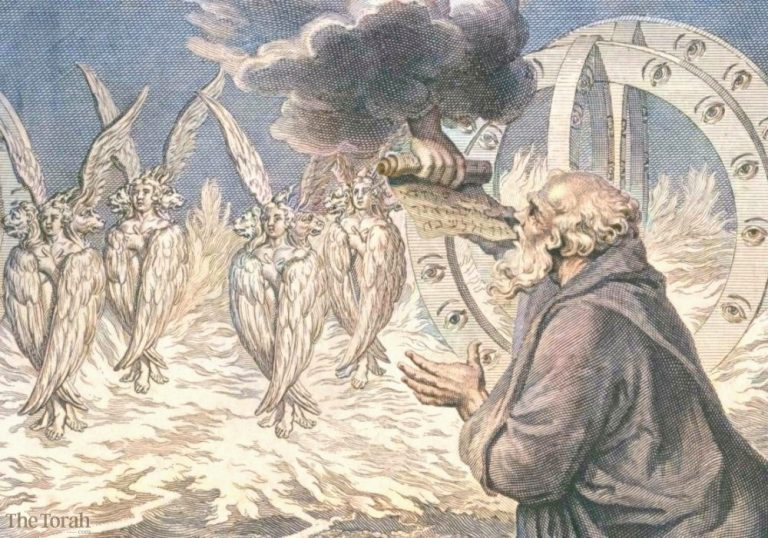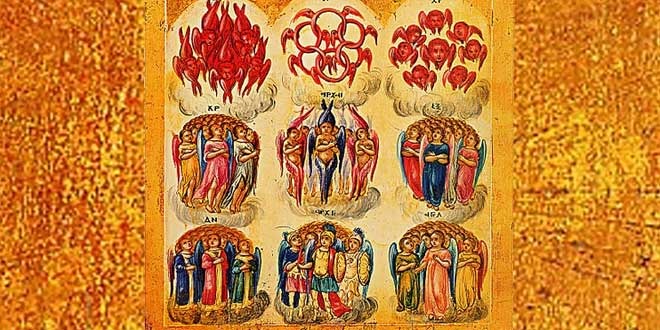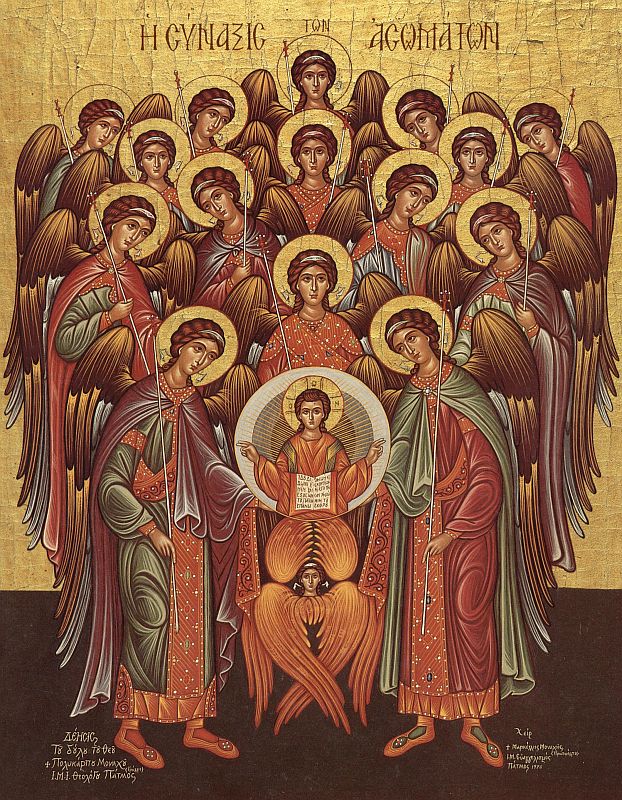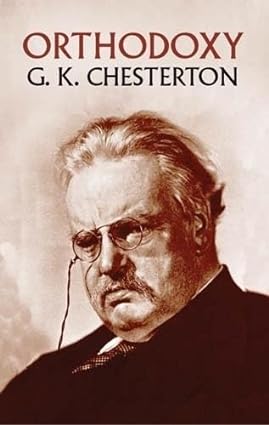
Ancient Anglican
A Modern Perspective on Early Christian Thought.
New on the Blog
Ezekiel 1 – 1:1-3:15, pt.2
So then, by the river Chebar, Ezekiel saw the heavens opened when he was thirty years old. And the Lord Jesus Christ, “when he began he was about
thirty years old”, by the Jordan River, and “the heavens were opened”. And throughout the entire
prophecy of Ezekiel, he is called: “son of man.”
Ezekiel 1 – 1:1-3:15, pt.1
The reason to read through Ezekiel during Epiphany is because both the prophet himself and his teachings prefigure the person and teachings of Jesus Christ.
Angels – Their Ministry and Our Experience (Readings)
Attached are the Readings from Week 3.
Angels – Their Ministry and Our Experience
Tonight we will look at the ministry of angels in the Scriptures and allow time for us to share our personal experiences with angels
Angels – The Celestial Hierarchy, pt.2
Our discussion this evening on the different orders of angels will be guided by Chapter 7-9 of the work “Celestial Hierarchy” by the sixth-century Syrian theologian Pseudo-Dionysius.
Angels – The Celestial Hierarchy, pt.1
This week we are going to look at the nine choirs of angels in the Celestial Heirarchy – Seraphim, Cherubim, Thrones, Dominions, Virtues, Powers, Principalities, Archangels, and Angels.
Angels – Who Are They? (Readings)
Attached are the Readings from Week 1.
Angels – Who Are They?, pt.2
This week will explore the general nature of angels and the similarities that we share with them. We’ll also look at the angelic worship of God within scripture and how that worship provides the template for our own worship of the Divine.
Angels – Who Are They?, pt.1
In the City of God, Augustine says that there is a great fellowship between men and angels and that they are our fellow citizens in heaven. This week we will explore the nature of our fellow citizens – what they are, when they were created, and their function at worship.
Angels – An Introduction
Scripture is full of angels: the guarding Cherub at the Garden of Eden, the helper who saves Hagar and Ismael in the desert, the burning Seraphim in Isaiah’s vision, the announcer of births from Isaac to Sampson to Jesus, and the great army that fights in Revelation.
Orthodoxy, Chapter 9
Beginning with his discussion of wonderment in the “Ethics of Elfland” through last week’s discussion on the “Romance of Orthodoxy,” Chesterton rebels against the doctrine of the rationalist-materialist that miracles do not happen, and therefore, God too is bound by the laws of nature.
Orthodoxy, Chapter 8(b)
Chesterton introduces the theme of this chapter by observing that modern intellectuals prefer to use long words and convoluted sentence structures because they are lazy and wish to avoid real thought.





